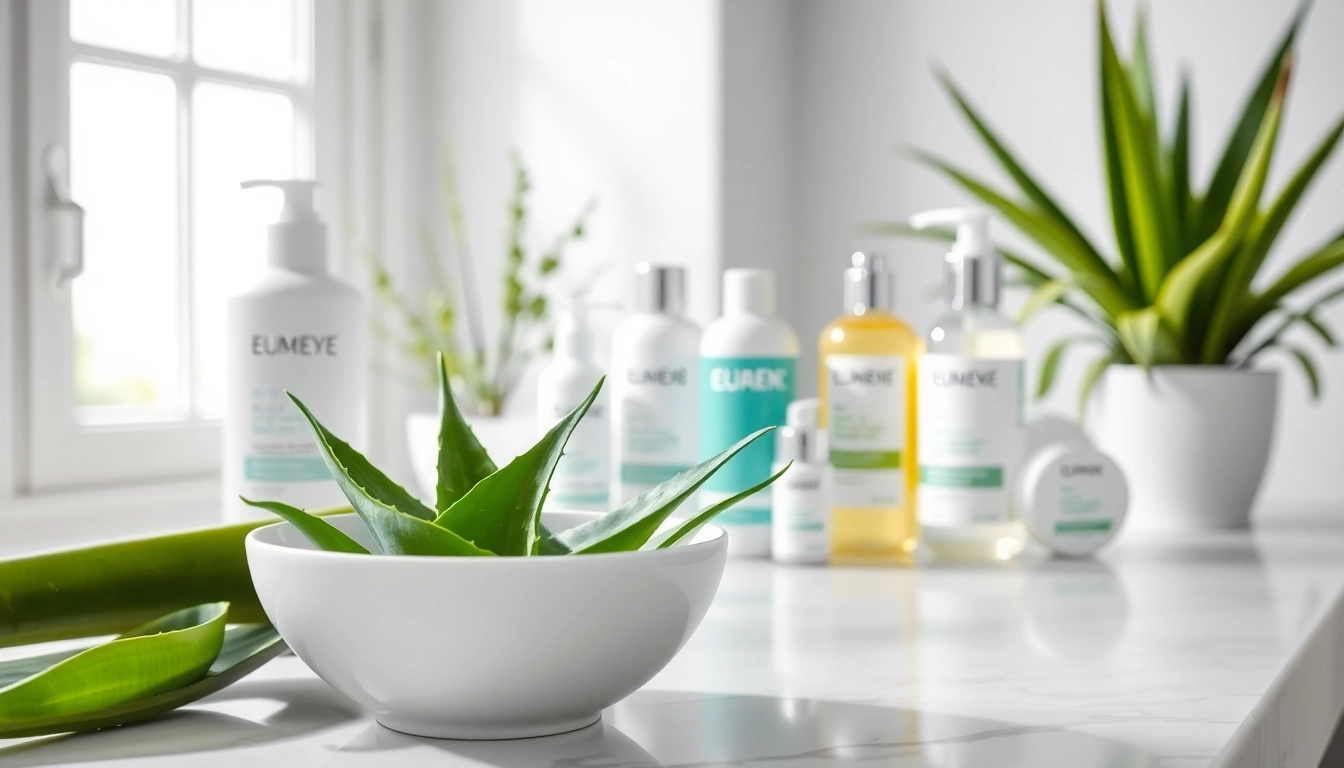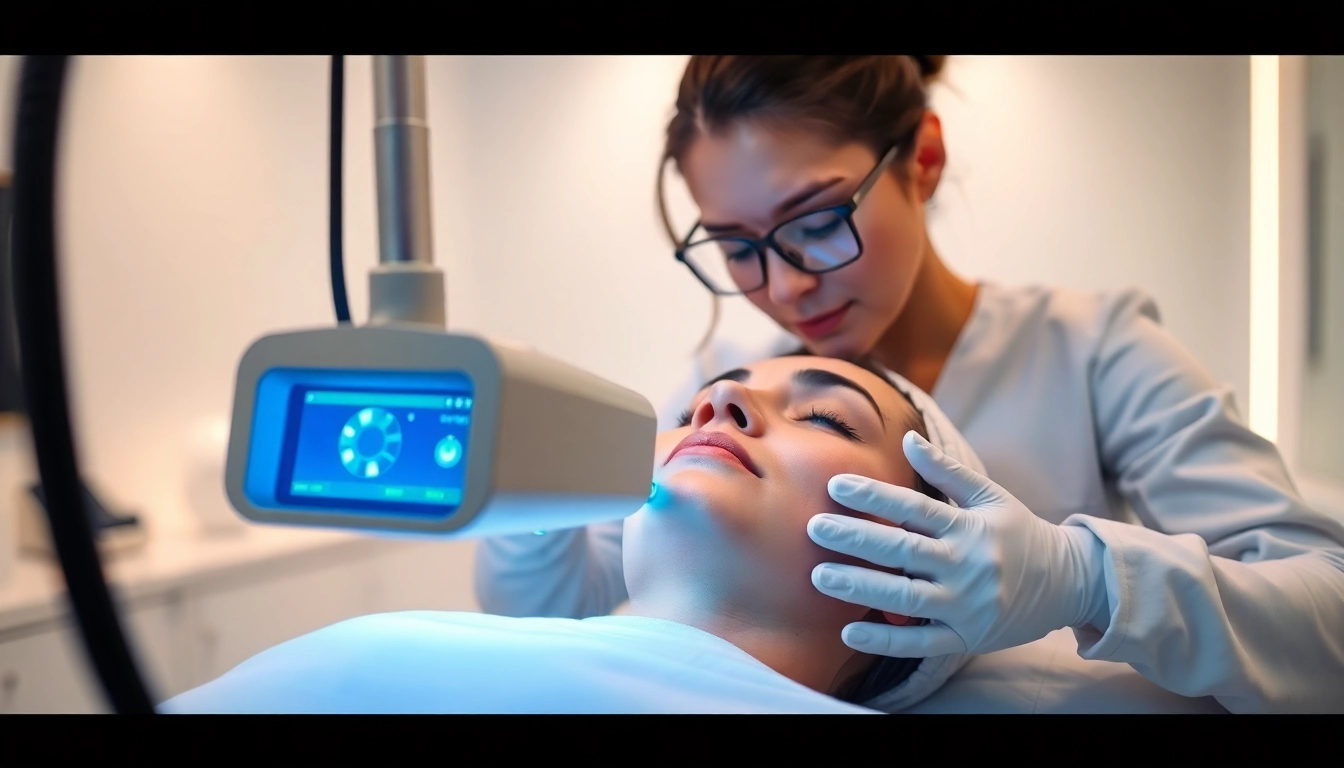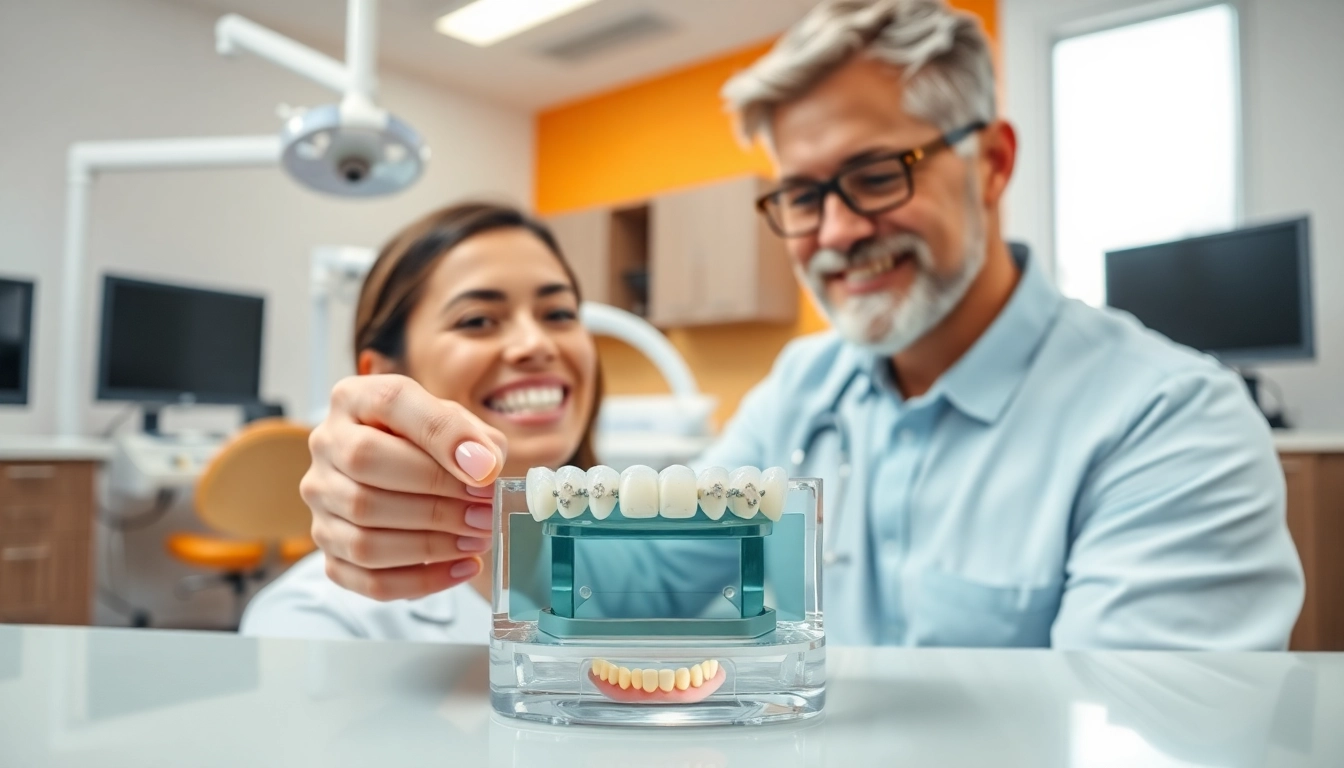Understanding Acne: Causes and Types
Acne affects millions of people globally, manifesting as various types of pimples, blackheads, and cysts. To effectively combat this skin condition, it’s crucial to understand its underlying causes and the different types of acne that can appear. Utilizing the best face wash for acne is an essential step in any effective skincare routine.
What Causes Acne Breakouts?
Acne is primarily caused by the following factors:
- Overproduction of oil: The sebaceous glands produce oil, or sebum, to keep the skin moisturized. Excessive sebum can clog pores.
- Bacteria: Propionibacterium acnes (P. acnes) is a bacteria that thrives in clogged pores, leading to inflammation and infection.
- Hormonal changes: Fluctuations, especially during puberty, menstruation, or pregnancy, can increase sebum production and contribute to breakouts.
- Diet: High-glycemic foods and dairy products have been linked to increased acne risk.
- Stress: Elevated stress levels can trigger hormonal changes that exacerbate acne.
Different Types of Acne Explained
Acne is categorized into several types, each requiring specific treatment approaches:
- Non-inflammatory acne: Includes blackheads (open comedones) and whiteheads (closed comedones) that are typically less severe.
- Inflammatory acne: This includes papules, pustules, nodules, and cystic acne. These forms of acne are red, swollen, and painful.
- Hormonal acne: Often appears as cystic breakouts along the jawline and chin, primarily in women during hormonal fluctuations.
- Acne inversa: A more severe form, characterized by painful bumps typically found in areas like the armpits and groin.
How Acne Impacts Skin Health
Beyond the physical appearance, acne can negatively affect skin health and overall wellbeing. It can lead to:
- Scarring: If untreated, severe types of acne can result in scars that may require professional treatment.
- Skin discoloration: Post-inflammatory hyperpigmentation can occur when acne lesions heal, leaving dark spots on the skin.
- Psychosocial effects: Acne can lead to low self-esteem, anxiety, and depression, particularly in adolescents.
Key Ingredients in Face Wash for Acne
The efficacy of a face wash for acne largely depends on its active ingredients. Understanding these components can help you select the right product for your skincare needs.
Importance of Salicylic Acid
Salicylic acid is a beta hydroxy acid (BHA) known for its ability to penetrate pores and exfoliate from inside the follicle. Key benefits include:
- Exfoliation: Helps to remove dead skin cells that can clog pores.
- Anti-inflammatory: Reduces redness and swelling associated with acne.
- Oil control: Regulates excess sebum production, preventing breakouts.
Benefits of Natural Extracts
Many face washes incorporate natural extracts to soothe the skin and enhance their cleansing properties. Key ingredients include:
- Tea Tree Oil: Renowned for its antibacterial properties, it helps combat acne-causing bacteria.
- Aloe Vera: Calms inflammation and hydrates, reducing irritation often seen with acne treatments.
- Chamomile: A natural anti-inflammatory agent, chamomile can promote healing and soothe irritation.
Understanding Oils and Their Roles
While oily skin is often associated with acne, certain oils can actually be beneficial:
- Jojoba Oil: Mimics skin’s natural oils, balancing moisture levels without clogging pores.
- Argan Oil: Contains fatty acids and antioxidants, helping to nourish and repair the skin.
- Rosehip Oil: Packed with vitamins, it can help reduce scars and improve skin texture.
How to Choose the Best Face Wash for Acne
Finding the right face wash can be a daunting task, but by focusing on specific criteria, you can make an informed decision that fits your skin’s needs.
Identifying Your Skin Type
Your skin type plays a crucial role in determining which face wash will work best. Here are the four main skin types:
- Oily Skin: Typically requires a foaming cleanser with salicylic acid or benzoyl peroxide to manage excess oil.
- Dry Skin: Look for a cream-based cleanser with hydrating ingredients to avoid stripping natural moisture.
- Combination Skin: A balanced approach with a gentle cleanser that does not over-dry any area is ideal.
- Sensitive Skin: Opt for fragrance-free and hypoallergenic formulas to minimize irritation.
Reading Labels: What to Look For
When purchasing face wash, be an informed consumer by carefully reading the ingredient list. Here’s what to keep an eye out for:
- Acne-fighting ingredients such as salicylic acid, benzoyl peroxide, and natural extracts.
- Avoid harsh sulfates and parabens that can irritate and dry out the skin.
- Check for non-comedogenic labeling to ensure it won’t clog your pores.
Consulting with Dermatologists
For personalized recommendations and to understand the severity of your acne, consulting a dermatologist is invaluable. They can provide guidance on:
- Potential underlying health issues contributing to acne.
- Prescription-strength treatments if over-the-counter products prove ineffective.
- Customized skincare routines tailored to your specific conditions.
Top Recommendations for Face Wash
With so many products available, navigating the market can be overwhelming. Here are some top recommendations based on the effectiveness of active ingredients and customer satisfaction.
Brand Comparisons: Pros and Cons
Taking a closer look at leading brands can highlight their strengths and weaknesses:
- Neutrogena Oil-Free Acne Wash: Contains salicylic acid; however, some users find it drying.
- La Roche-Posay Effaclar Purifying Foaming Gel: Gentle formula suitable for sensitive skin, though it may not adequately address severe acne.
- Paula’s Choice Clear Pore Normalizing Cleanser: Formulated for oily and acne-prone skin, known for its non-irritating properties.
Customer Reviews and Feedback
Gathering insights from real users can provide a clearer understanding of what to expect:
- Many users rave about the quick effectiveness of salicylic acid cleansers.
- Natural extract-based washes often receive praise for their gentleness and soothing nature.
- Users with sensitive skin report mixed results, emphasizing the need to patch test new products.
Budget-Friendly vs. High-End Options
When it comes to face washes, there are great options at both budget and high-end price points:
- Budget-Friendly: Look for drugstore brands like CeraVe and Neutrogena that offer quality ingredients without breaking the bank.
- High-End: Brands such as Drunk Elephant or SkinCeuticals may provide superior formulas with advanced ingredients but come at a higher price.
Applying Face Wash: Best Practices
Using face wash correctly is just as vital as choosing the right product. Follow these best practices to maximize the benefits of your chosen cleanser.
How Often Should You Wash Your Face?
Maintaining a consistent cleansing schedule is crucial. Generally, washing your face:
- Twice a day (morning and night) is recommended, especially for oily or acne-prone skin.
- After sweating or exercising is also essential to prevent pore clogging.
Proper Techniques for Application
Proper application can enhance the effectiveness of your face wash:
- Use lukewarm water to wet your face; hot water can strip natural oils.
- Apply a small amount of face wash and gently massage into your skin for 30 seconds.
- Rinse thoroughly and pat your face dry with a clean towel.
When to Change Your Face Wash
Monitoring how your skin responds to your current cleanser is important. Consider changing your face wash if:
- You experience increased breakouts or irritation.
- Your skin type changes due to seasonal shifts or hormonal changes.
- Results plateau and your acne is no longer improving.



